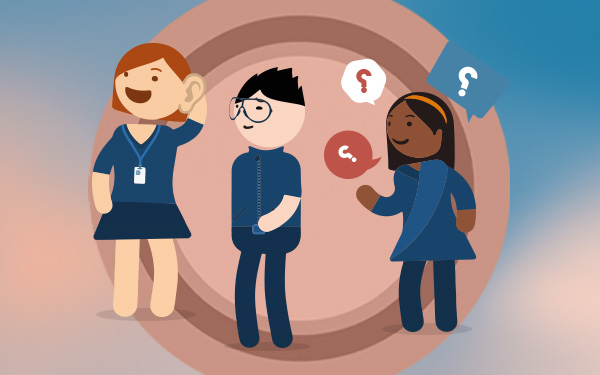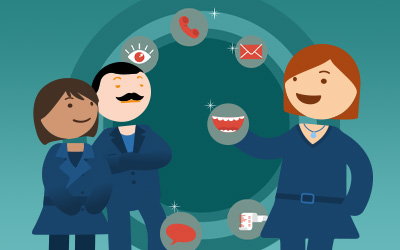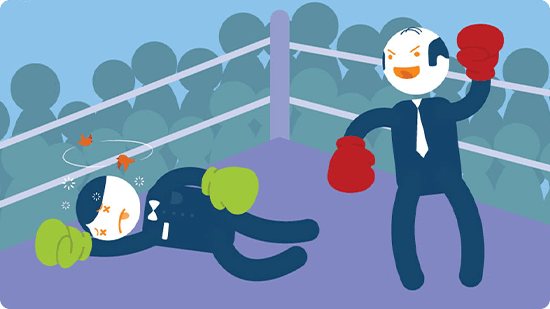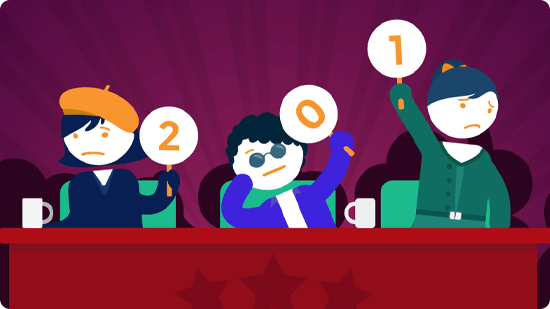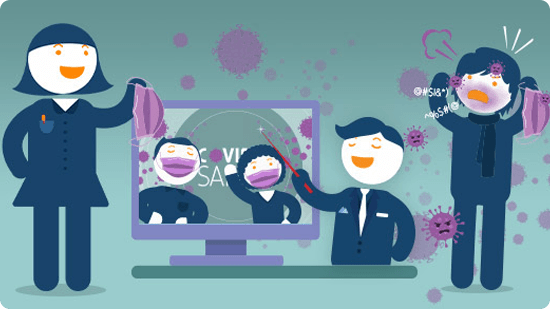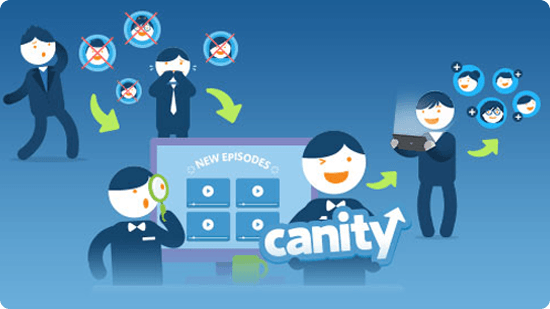As you read this sentence, your brain is doing so much more than piecing together abstract shapes on a computer screen to make words and meaning. It’s simultaneously regulating your body’s processes, making judgements, referencing memory and emotion, and ignoring other stimuli to focus on this.
It’s complex and unique; there are more neural connections in your head than there are stars in our galaxy. It’s also an easily distractible, power hungry beast; so when you want to learn a new skill you need to feed it the right way.
Focus is finite. Keep it short.
Long equals boring, right? Extended training sessions have been scientifically proven to weaken the learning process.
A Cambridge study of post office workers learning to type on a new device showed that shorter training sessions spread over a few days were more effective than longer ones. In fact, sessions that stretched to two hours showed a reduction in both accuracy with the new device and retention of the new skill months later.
It is a mistake to cram too much training into a single session, or indeed a single day.
– A.D. Baddeley, MRC Applied Psychology, Cambridge
Another study published in the Journal of Surgical Education (Volume 72, Issue 3) showed the same results. Medical students learned a new procedure in short training sessions with feedback, performed over consecutive days. This resulted in a higher overall improvement compared to the same amount of material delivered in a single session. After all, there are only so many messages your brain can take in and hold on to in any given day.
Ah, now it makes sense why you failed that exam in school, even after cramming all night!
The attention span of a goldfish.
The smartest companies know that concentration is a rapidly decreasing commodity. A study of more than 2,000 people by Microsoft found that our average attention span is eight seconds, down significantly from the 12 seconds revealed in research conducted 15 years earlier.
Much of this has been attributed to our obsession with digital technology, and it demonstrates why long, presentation-style education sessions are far from useful if you want participants to learn anything at all.
77% of 18 to 24-year-olds reach for their phone when they’re bored.
52% of this group check their phone every 30 minutes or less.
(Microsoft 2015)
It’s no use fighting the machines; we have to work with them. Shorter attention spans need to be taken into consideration when choosing your business training, as well as the most effective way to deliver those lessons.
It’s one of the reasons we developed Canity in the way we have: because microlearning courses are delivered in short, granular lessons, participants don’t have a chance to lose focus. Plus, because they’re available on just about any internet-enabled device, smartphone habits can now be used to your advantage.
Want to learn more? As long as you’re not cramming, learn about the benefits of training for just 5 minutes a day, or try Canity to start feeding your brain the right way.

